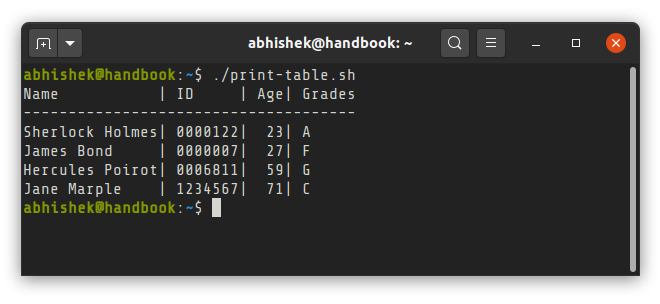What is a Big Data Analyst?

In today’s digital age, businesses are generating massive amounts of data every day. The data is generated from various sources such as online transactions, social media, website traffic, and customer feedback. The data is so voluminous that its processing and analysis requires specialized skills and understanding. This has led to the emergence of a new role called the Big Data Analyst.
So, what is a Big Data Analyst?
A Big Data Analyst is a professional who has expertise in analyzing and interpreting large amounts of data using various statistical and machine learning techniques. The main objective of a Big Data Analyst is to help businesses make informed decisions based on data analysis.
A Big Data analyst is responsible for collecting, processing, analyzing, and interpreting large amounts of data generated by businesses. They use various tools and software programs to extract valuable insights from the data sets. The insights, in turn, help businesses in making informed decisions about marketing, production, finance, and other areas of the business.
The Big Data Analyst plays a vital role in the success of any organization. With their expertise, they can help businesses to identify trends, patterns, and other valuable insights that can give them a competitive edge. For example, a Big Data Analyst can help a company identify its most profitable customers, which products are selling the most, and how to improve customer satisfaction.
Required skills for a Big Data Analyst
A Big Data Analyst should have a strong background in statistics or mathematics. They should have experience in using various statistical and machine learning techniques such as regression analysis, clustering, and decision trees. Additionally, a Big Data Analyst should be well-versed in data visualization tools such as Tableau, Power BI, or QlikView.
Furthermore, a Big Data Analyst should possess excellent analytical skills, including the ability to understand complex data sets and draw meaningful conclusions from them. They should also be proficient in programming languages such as Python and R. These languages are widely used in the development of Big Data solutions and machine learning algorithms.
Why are Big Data Analysts in high demand?
With the exponential growth of data, businesses are increasingly recognizing the need for professionals who can make sense of it all. This has led to an increase in demand for Big Data Analysts. According to a report by the Bureau of Labor Statistics, the job outlook for data analysts is expected to grow by 33% from 2019 to 2029, which is well above the average for all occupations.
In conclusion, a Big Data Analyst plays a critical role in helping businesses make informed decisions based on data analysis. A Big Data Analyst should have a strong foundation in statistics, mathematics, and programming languages such as Python and R. They should be well-versed in data visualization tools and have excellent analytical skills to help businesses extract valuable insights from large data sets. With their expertise, Big Data Analysts can help businesses gain a competitive edge and make informed decisions for their future growth.






